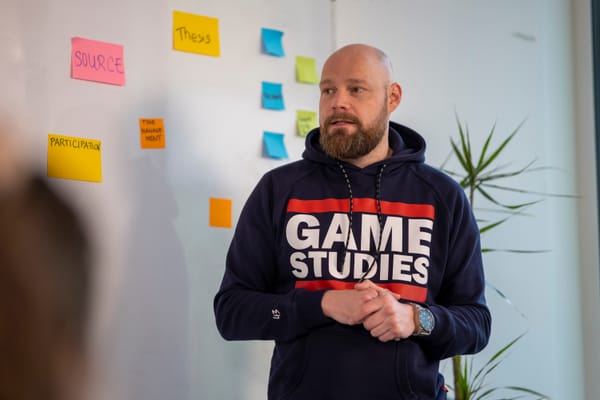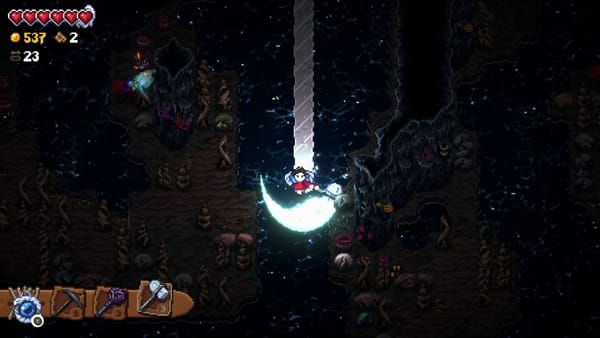Non-Profit Status of German E-Sport Threatens to Fail due to Harmful Mechanics




The depiction of realistic kills, gambling-like mechanics and purchasable advantages are preventing the politically agreed recognition of the non-profit status of e-sports in Germany. This is the result of a response from the Federal Ministry for Family Affairs to an enquiry from GamesMarkt. The Ministry insists on a definition of e-sports that fulfills youth protection requirements but is practically incompatible with the actual practice of e-sports.
For more than a year, there was silence on the issue of the non-profit status of e-sports discussed at federal level in Germany. The parties and ministries actually wanted to have found a compromise by the end of 2023, yet the decision is still pending. At the end of 2022, the discussion revolved less around e-sports in particular and more about conflicts over definitions of social organisations between the SPD and Greens on the one side and the FDP on the other, as GamesMarkt research showed at the time.
However, the negotiating parties have now come up against a further conflict regarding the narrower definition of e-sports, as GamesMarkt has learnt, because the protection of minors is becoming an issue. The Federal Ministry for Family Affairs, Senior Citizens, Women and Youth (BMFSFJ), headed by Minister Lisa Paus, is currently at the centre of the blockade. The ministry has concerns about the realistic depiction of killing in some e-sports titles, which are likely to include "Call of Duty" or "Counter-Strike". Online gambling mechanics and the purchase of game advantages with real money, which are commonplace in the online modes of various sports games such as "EA Sports FC" and "NBA", are also an issue of the blockade.
A spokesperson for the Ministry of Family Affairs responded to a GamesMarkt enquiry as follows: "In order for an activity to be recognised as charitable, it must promote the general public in accordance with Section 52 (1) sentences 1 and 2 of the German Fiscal Code (AO). This principle of promoting the general public has a restrictive effect in the case of e-sports, according to the assessment of all departments concerned. This means, for example, that games in which the killing of people is realistically simulated are not compatible with the principle of promoting the general public. Similarly, online gambling is not compatible with this principle. Furthermore, it is not compatible with the principle of the promotion of the general public if, for example, the use of money in a game provides competitive advantages over and above the purchase of the game. The provisions of the Youth Protection Act, in particular Sections 10a and 10b JuSchG, are particularly relevant to the question of the promotion of the general public."
A report (Link to German document) published by the German Commission for the Protection of Minors in the Media in December 2023, which sheds particular light on dark patterns, loot boxes, online compulsion in live service games and other mechanics that promote potentially harmful attachments to games, has also influenced the view of the Federal Ministry for Family Affairs. "Against this backdrop, the German government is currently examining which cases should and can be covered and possible control effects. The current expert opinion "Promotion of excessive usage behaviour in games" for the Commission for the Protection of Minors in the Media (KJM) on manipulative game designs from 11.12.2023 also shows the range and complexity of the issues to be considered here. The tax authorities applying the law must be provided with clear, legally secure and manageable criteria for assessing non-profit status."
The concerns would effectively mean a definition of eligible e-sports that excludes many games labelled as e-sports by the communities and the industry - read our editor-in-chief Stephan Steininger's current German commentary on this. Instead, the Ministry of Family Affairs' initiative points in a direction that is based on the International Olympic Committee's definition of e-sports. The IOC uses specially developed game implementations of real sports and wants to differentiate its e-sports from established games and leagues, which it refers to as "e-gaming". In the past, the committee has been criticised for this by the industry.








